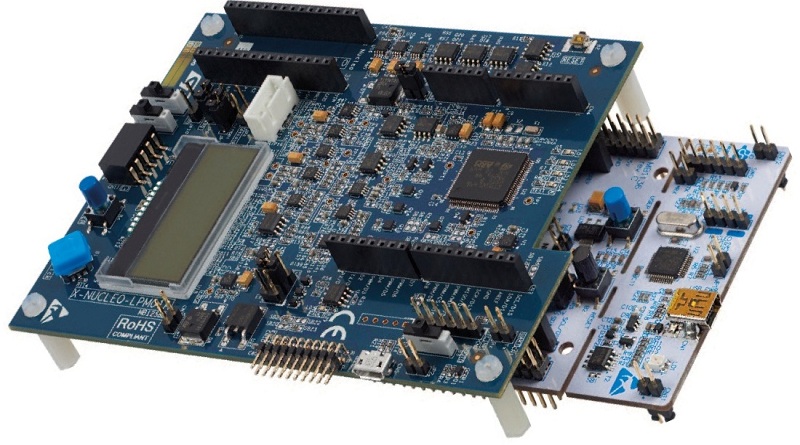Blockchain technology has emerged as a groundbreaking innovation, disrupting traditional transaction systems and transforming industries across the globe. From finance and supply chain management to healthcare and voting systems, blockchain has the potential to revolutionize the way we conduct business and exchange information. In this blog, we will explore the power of blockchain, its key features, and its far-reaching implications. Join us as we dive into the world of blockchain and discover how it is reshaping transactions and unlocking new possibilities.
Understanding Blockchain Technology:
At its core, blockchain is a decentralized, distributed ledger that records and verifies transactions in a transparent and immutable manner. Unlike traditional centralized systems, blockchain eliminates the need for intermediaries, such as banks or clearinghouses, by relying on consensus algorithms and cryptography. This decentralized nature makes blockchain secure, resilient to attacks, and resistant to data tampering.
Enhancing Security and Transparency:
One of the most significant advantages of blockchain is its enhanced security and transparency. Transactions recorded on the blockchain are encrypted and linked together in blocks, forming an unalterable chain. Each participant in the network has a copy of the entire blockchain, ensuring transparency and reducing the risk of fraud or manipulation. This transparency not only fosters trust among participants but also streamlines auditing processes and reduces transactional disputes.
Revolutionizing Financial Transactions:
The financial industry has been one of the early adopters of blockchain technology. Blockchain-based cryptocurrencies, such as Bitcoin and Ethereum, have gained global recognition as alternative forms of digital currency. These decentralized cryptocurrencies enable secure, peer-to-peer transactions, bypassing traditional banking systems. Additionally, blockchain-based smart contracts automate and enforce the terms of agreements, eliminating the need for intermediaries and reducing transactional costs.
Transforming Supply Chain Management:
Blockchain has the potential to revolutionize supply chain management by providing end-to-end visibility and traceability. Through blockchain, each stage of the supply chain, from raw material sourcing to product delivery, can be recorded and verified in real-time. This transparency helps mitigate counterfeit products, ensures ethical sourcing, and enables efficient recalls or audits. With blockchain, supply chains become more transparent, trustworthy, and efficient, benefiting businesses and consumers alike.
Empowering Decentralized Applications:
Blockchain technology has given rise to decentralized applications (DApps) and decentralized finance (DeFi) platforms. DApps leverage blockchain’s decentralized nature to provide innovative services and applications that operate without intermediaries. These applications range from decentralized marketplaces and social media platforms to decentralized identity verification systems. DeFi platforms, on the other hand, enable peer-to-peer lending, decentralized exchanges, and other financial services, making them accessible to anyone with an internet connection.
Exploring Beyond Transactions:
Beyond transactions, blockchain has the potential to transform various industries. In healthcare, blockchain can securely store and share patient records, enabling seamless interoperability and improving data privacy. It can also streamline voting systems by ensuring transparent and tamper-proof elections. Moreover, blockchain technology has the potential to enable energy trading, intellectual property rights management, and much more, revolutionizing numerous sectors.
Conclusion
Blockchain technology has emerged as a disruptive force, revolutionizing transactions and reshaping industries across the globe. Its inherent features of security, transparency, and decentralization have the potential to enhance efficiency, foster trust, and unlock new possibilities. As blockchain continues to evolve, it is crucial to explore its potential applications, address scalability and interoperability challenges, and ensure regulatory frameworks that foster innovation while protecting users. Embracing the power of blockchain can unlock a future of secure, transparent, and efficient transactions, ultimately transforming the way we conduct business and exchange value.





